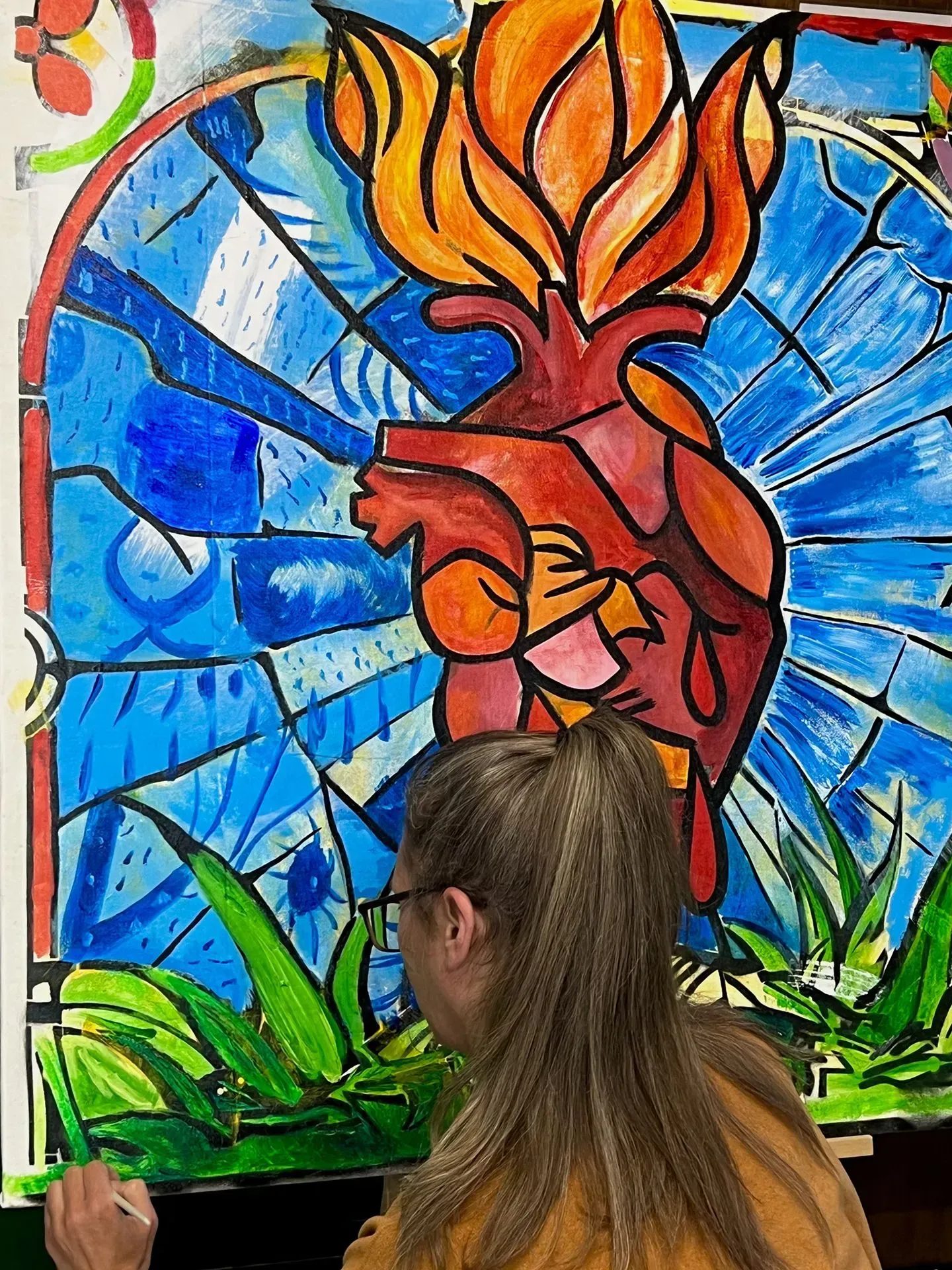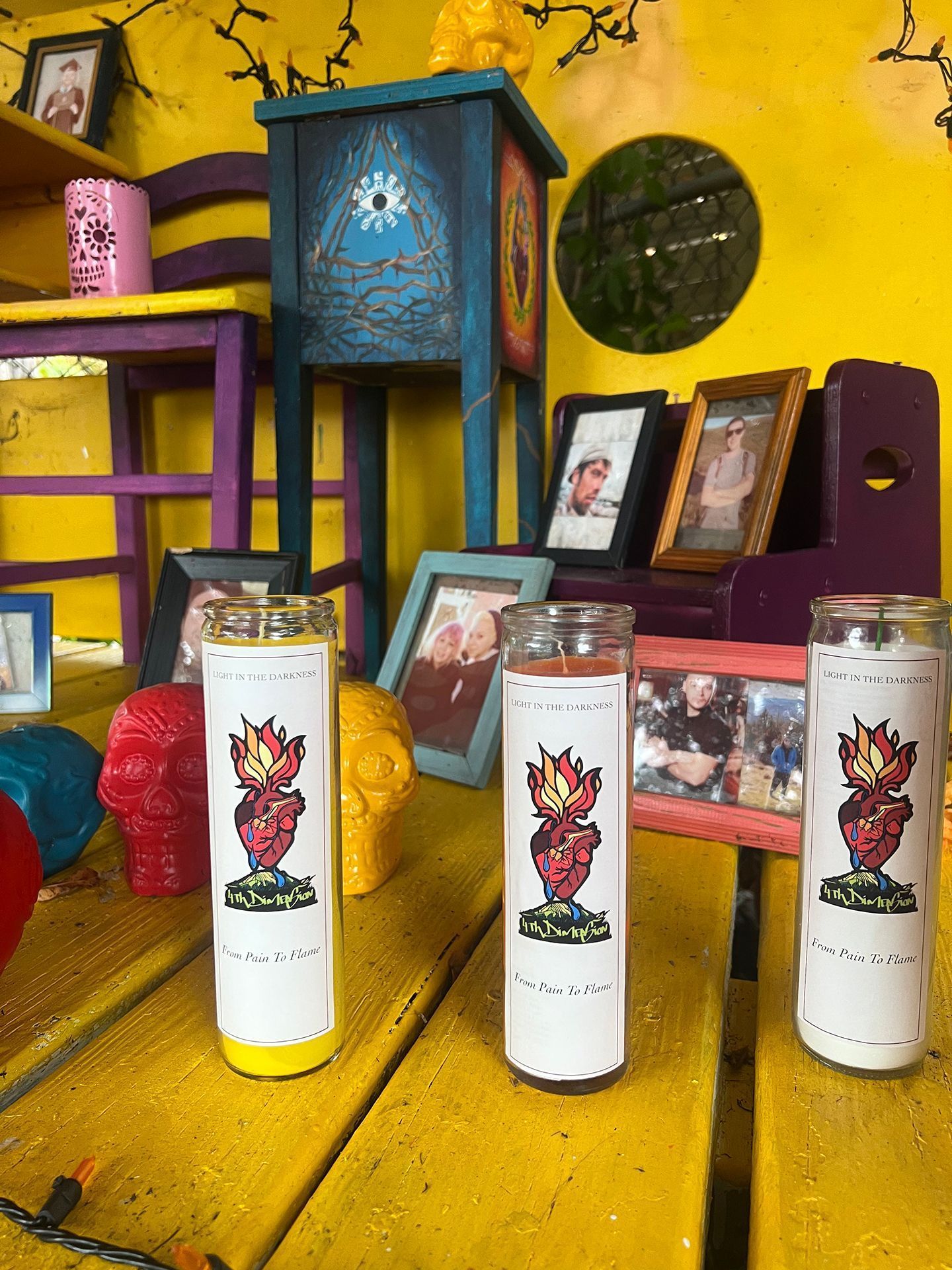Save Lives With Charity Fundraisers in Milwaukee, WI
4th Dimension Sobriety
Save Lives With Charity Fundraisers in Milwaukee, WI
4th Dimension Sobriety
Open Doors to Sober Living
Every open door at 4th Dimension Sobriety represents a new beginning. When someone steps through, they find more than a place to stay. They find community, structure, and the chance to rebuild a life in recovery. These homes are where courage meets stability, where people rediscover purpose and connection one day at a time.
Your support is what opens the door. Every contribution helps create safe and lasting homes for people who are ready to begin again. Together, we keep the doors open for those finding their way back to life, hope, and home.

Why 4th Dimension Sobriety Matters
While the drug and alcohol problems have a detrimental impact on the economy, 4th Dimension Sobriety has a positive impact on recovery and the employability of people in recovery.
Sober living houses are a research-proven and cost-effective intervention strategy that neighbors support. Sober living houses are recognized by the federal addictions agency SAMSHA as vital but too often missing in the continuum of care; published research indicates they are a successful intervention including.
o Significant improvements on measures of substance use, alcohol and drug problems, employment, psychiatric symptoms and arrests in an evaluation of 245 individuals over an 18-month time period. Those improvements were maintained at 18 months.
- Similar 18-month outcomes were found for 55 persons living in sober living houses affiliated with a treatment program. That sample included a significant number – 35% - of people who were recently homeless.
- Neighbors and community stakeholder views support sober living houses. They are generally viewed as an asset and residents are generally considered as good neighbors. Neighbors expressed appreciation for the houses' mandate of abstinence from substances and stressed the importance of the houses in practicing a “good neighbor” policy toward others.
The essence of the 4th Dimension is rooted in the 12 steps of recovery. Residents communally live and work with one another as they build a firm foundation for a life of happiness, peace, and usefulness. It offers supportive services such as holistic and clinical care as well as vocational and job support.
Many people cannot find a sober living community in Wisconsin or the financial support to pay for it.
The Center Street location has the capacity, and the changed revenue structure will expand by 40% the number of people who can be served.
The meeting rooms and communal spaces allow for more holistic treatment programs to be provided in the same space. Services like yoga or 12-step programs have previously been offered off-site. Save lives by donating to our charity fundraisers in Milwaukee, WI.

